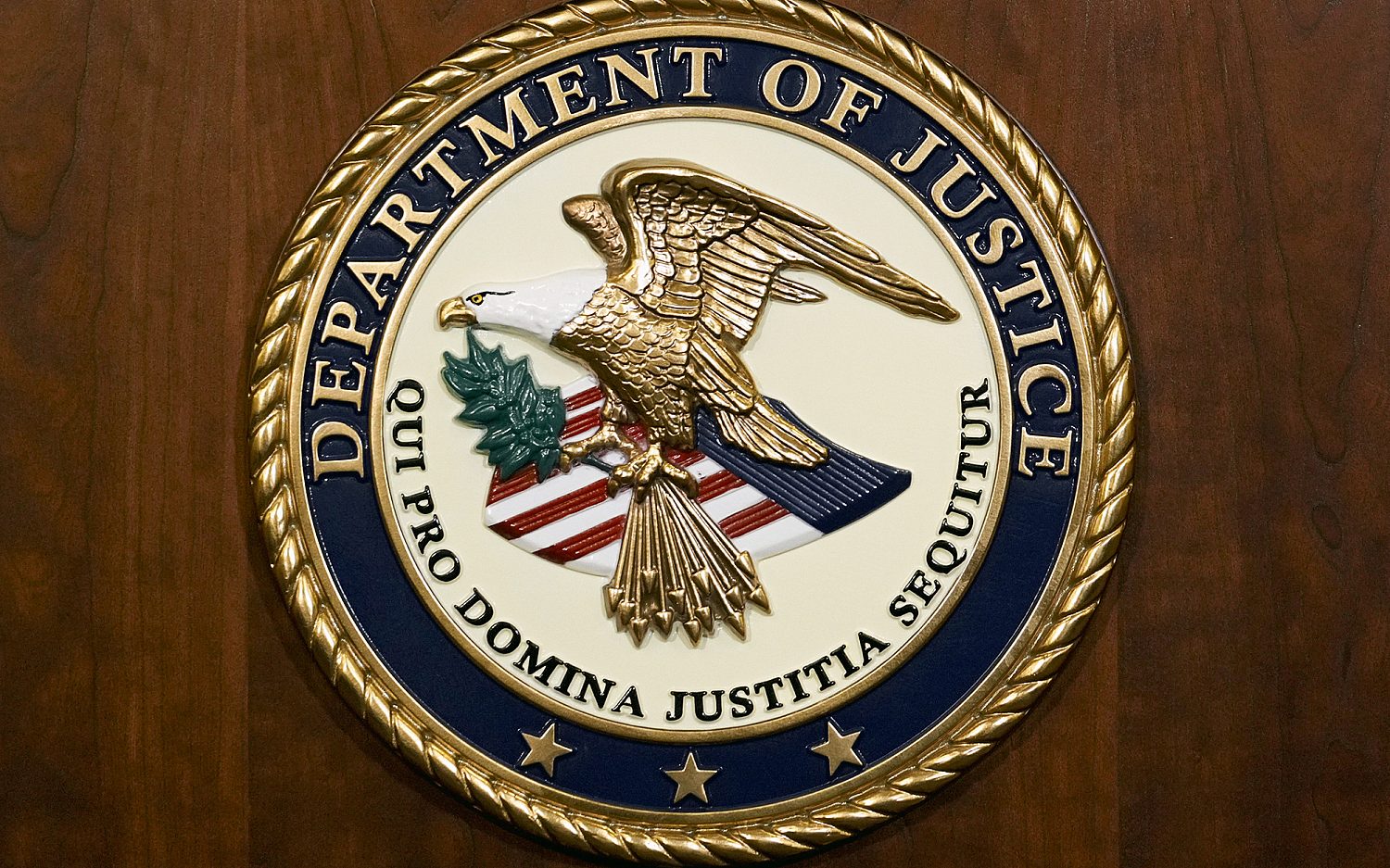Bully pulpit
Bullying students' top concern, says University of Virginia survey, as national campaigns make the issue identity politics
Bullying remains the top safety concern among Virginia public school students at all grade levels, according to a statewide survey conducted by the University of Virginia. Students from 737 elementary, middle and high schools participated in the anonymous safety survey, highlighting bullying as the main concern for the third year in a row.
University of Virginia education professor Dewey Cornell, an author of the report, said that most anti-bullying programs are aimed at lower grades. "There is a new trend in school safety to recognize the need for high school bullying prevention," he said.
The study showed that approximately 92 percent of middle schools reported that their students were concerned with bullying, compared to 83 percent of elementary schools and 77 percent of high schools.
Of the 2,002 public schools surveyed, 76 percent had a bullying-prevention program, although only 62 percent of high schools had such a program.
The report came out just as Time Warner and Facebook announced a joint campaign to encourage users to report bullying. Facebook's participation reflects a growing recognition that its 750 million-member online social network has become an outlet for harassment as well as friendship.
The anti-bullying campaign will be waged on the Internet, on TV and radio and several major U.S. magazines. It's being billed as "Stop Bullying: Speak Up," a theme that Time Warner's Cartoon Network has been trumpeting since last year. Now the message is being extended to Time Warner's CNN on TV and in three of its magazines, People, Time and Sports Illustrated. CNN's Anderson Cooper will host a town hall focused on bullying in October while the magazines will all delve into the topic during the same month.
By the time most kids return to school later this summer, Facebook plans to release a new application that will broadcast a user's pledge to stop bullies. Facebook already introduced a feature to make it easier to report online bullies, or "cyber" bullies, four months ago as part of a White House conference that President Barack Obama held on the topic.
Promoting tolerance with caution
U.S. schools have no choice but to make identifying and punishing bullies a high priority. On October 26, 2010, the U.S. Department of Education announced that schools that fail to address bullying may lose federal funds. The Department encouraged schools to address any form of harassment, such as discrimination based on race, religion, national origin, disability or sexual orientation.
Another issue is the perception that bullying of homosexual students has become especially prevalent over the past few years as victims have brought their cases into the public light. Many districts across the nation have allowed homosexual advocacy groups, such as the Gay, Lesbian, and Straight Education Network (GLSEN), to promote tolerance in their schools.
Candi Cushman, an education analyst with Focus on the Family, said that some advocacy groups are taking advantage of the national attention to spread a message. "They're putting the emphasis in the wrong place. The emphasis should be on the wrong action of the bully, not on the reasons or the excuses that the bully uses or the characteristics of the bullies' victims," Cushman said.
"I really think we send the wrong message to kids if we're telling them with our policies and our programs and our statements that they're only worthy of protection because of how they identify politically or sexually or what social groups they belong to," she said.
Cushman added that schools should not sacrifice religious freedom and parental rights in an effort to promote tolerance. "We've had examples of students being given bad grades on classroom assignments; we've had college students or graduate students threatened with expulsion for daring to share a Biblical viewpoint on things like marriage and homosexuality."
In May 2009, the Alameda Unified School District in California adopted a curriculum for elementary school children that addressed bullying and acceptance and had mandatory lessons on lesbian, gay, bisexual, and transgender issues. Hundreds of parents objected to the curriculum during school board meetings, believing that their children, as young as 5, were not old enough to hear this message or should learn about the issues at home.
"The right solution is to have policies that offer strong protection for every child against any form of bullying whatsoever," Cushman said. "I don't think it's necessary to bring adult identity politics into it."
The University of Virginia report also synthesized data concerning building security and student gangs.
The 2009-2010 Virginia School Audit Safety Survey was compiled by Cornell and Peter Lovegrove, a postdoctoral fellow at Youth-Nex. Schools participated in the survey in accordance with 2005 legislation that requires Virginia schools to report safety data annually to the Virginia Center for School Safety.
According to Cornell, the annual survey helps schools create safety policies and practices such as the use of school resource officers, emergency management plans, electronic notification systems, and security cameras.
"A lot of these safety measures were new ideas 10 years ago and now they are standard practices," Cornell said.
The survey findings include:
• Eighty-nine percent of Virginia schools use electronic-alert systems to notify parents about school emergencies, up from 33 percent in 2005-06.
• Only 7 percent of schools reported gang-related incidents, down 6 percent from two years earlier. Twenty-two percent of high schools reported some form of gang activity.
• Twenty school districts have implemented a student drug-testing policy.
• Thirty-four percent of schools had some type of security personnel present during school hours every day, including 85% of high schools.
After bullying, student concerns included building security, cyber-bullying, gang violence, vandalism and theft.
Read the full University of Virginia report here.
The Associated Press contributed to this report.
Share your thoughts or follow us on Twitter and Facebook today!
An actual newsletter worth subscribing to instead of just a collection of links. —Adam
Sign up to receive The Sift email newsletter each weekday morning for the latest headlines from WORLD’s breaking news team.




Please wait while we load the latest comments...
Comments
Please register, subscribe, or log in to comment on this article.